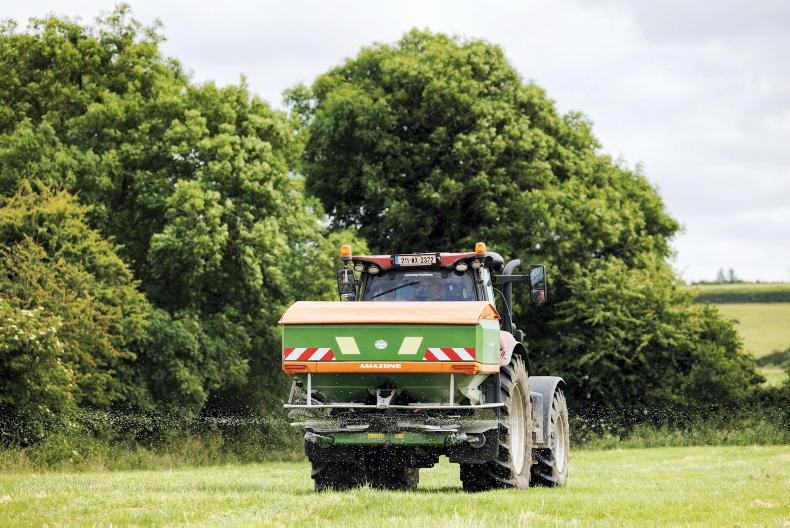Fergus Ewing, cabinet secretary for rural economy and connectivity has been asked to account, in detail, for the Scottish Government’s decisions on climate-change targets and agriculture.
The Scottish Parliament’s environment, climate-change and land-reform committee has written to the cabinet secretary probing why the draft Scottish Climate Change Plan (CCP) proposed that agriculture cut its emissions by 12% by 2032, whereas the final CCP reduces this figure to 9%.
In its letter, signed by chair Graeme Dey MSP, the committee asks “why it is appropriate to further reduce the carbon envelope for the agricultural sector, which is responsible for 17% of Scotland’s carbon emissions and which has made the least progress to date”.
No change for six years
The committee cites its March 2018 evidence session with Adrian Gault, acting chief executive of the Committee on Climate Change, an independent statutory body established to provide advice to the UK government and devolved administrations on emissions targets and climate change progress.
At the hearing, Mr Gault stated: “We have not seen a reduction in agricultural emissions in Scotland for the past six or seven years, as I understand it. They are pretty flat, so it would appear that the voluntary approach is not working.”
The committee is seeking “detailed views” from Ewing on Mr Gault’s comments on a voluntary approach to farming climate-change mitigation measures, the evaluation of the Farming for a Better Climate Scheme, and how the government proposes to support farmers and to promote the benefits of climate-friendly farming.
The cabinet secretary has been asked to respond to the committee’s letter by 22 May 2018. At the NFUS AGM in February, Mr Ewing said: “No doubt, we can and should to more to improve soil and water quality, and to contribute to climate change targets ... But we can build on what is already happening.”
NFU Scotland’s communications director, Bob Carruth, said: “To encourage further change, Scottish Government must continue to work with the sector to ensure that policies are implemented in a pragmatic way ... However, an over-regulatory approach to reducing emissions risks undermining the beneficial changes already secured.
“NFUS, therefore, considers it sensible to focus on raising awareness and knowledge transfer in the Climate Change Plan to encourage uptake, minimise bureaucracy and deliver real improvements.”








SHARING OPTIONS